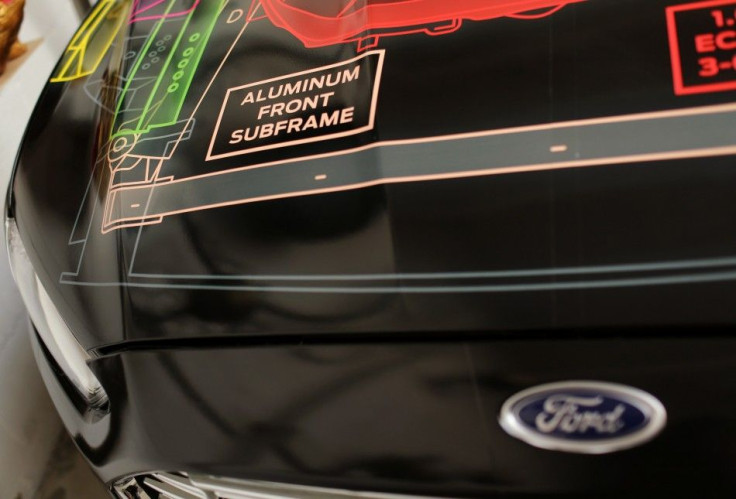Australian Car Owners Face New Mandatory Emissions Standards

Australian owners of light vehicles are now mandated to adhere to new emissions standards that could help the country achieve a year's worth cut of carbon pollution of 59 tonnes by 2030, the Climate Change Authority said on Thursday.
The new pollution standards are aimed to be introduced on new light cars effective 2018.
Although weighing only 3.5 tonnes, light vehicles are actually one of the greatest sources of greenhouse gas emissions in Australia, about one-tenth of the nation's total. Overall, transport accounts for 16 per cent of Australia's greenhouse gas emissions.
Existing new light vehicles average 192 grams of carbon-dioxide per kilometre. The CCA sets an initial 168 grams of CO2/km target in 2018, dropping further by 2025 to 105 grams of CO2/km.
Not only are carbon emissions reduced, the mandatory standards will likewise help owners save up on fuel bills, the authority said. Thus by 2025, the average cost of a car in Australia could reach $1500. But CCA said the introduction of the mandatory emissions standards would lower fuel costs by $8500 over the life of the car.
Australia is one of six OECD countries without mandatory standards.
"Australia has an opportunity to reduce greenhouse gas emissions and lower fuel bills for Australian motorists by making light vehicles more efficient. A light vehicle emissions standard is the best way to achieve this," the Light Vehicle Emissions Standards for Australia
report said.
"Reducing emissions from all light vehicles (including both passenger and light commercial vehicles) would support Australia's contribution to global efforts to limit the harmful impacts of climate change."
"The early introduction of a light vehicle emissions standard for Australia is both achievable and desirable, and the benefits demonstrably outweigh the costs at whatever levels they are assessed."
The report further said despite the closure of domestic manufacturing and the importation of all vehicles by 2018, if government fails to still do action, Australia will continue to lag behind many other countries.
"Without regulatory intervention to address market failures and other behavioural barriers, Australia risks continuing to lag behind and to miss opportunities to improve its energy productivity, reduce emissions and permit motorists to save on their fuel bills.





















